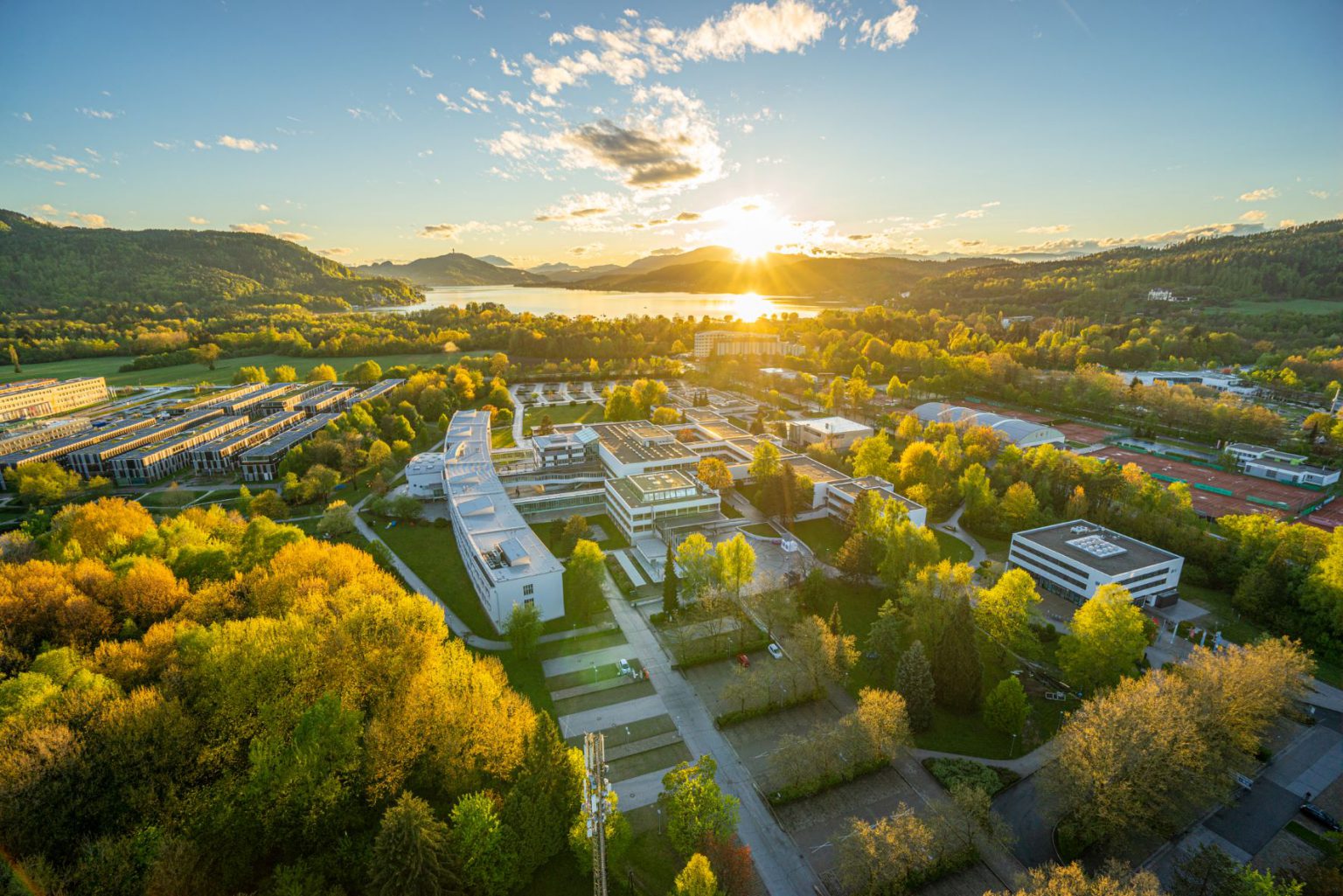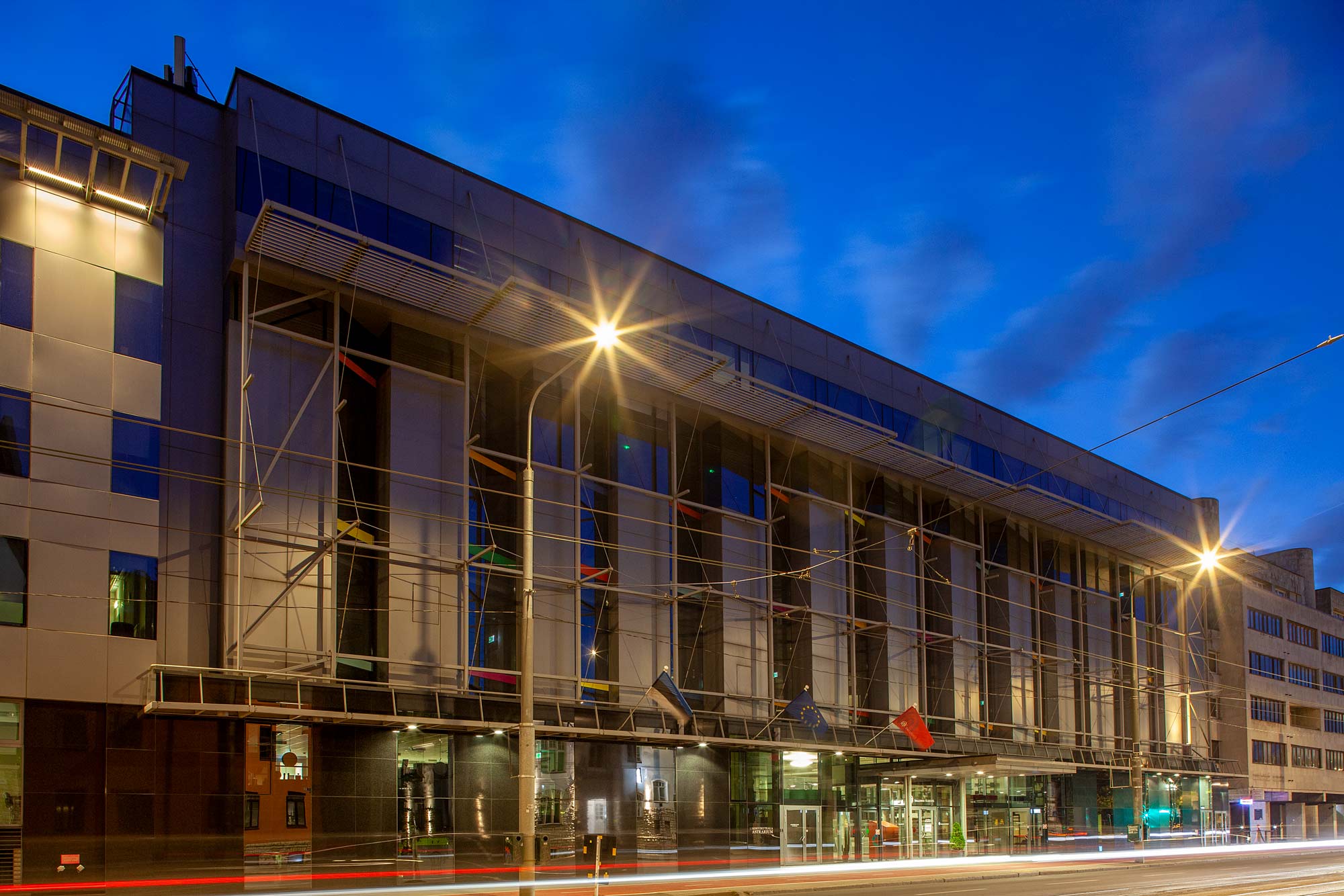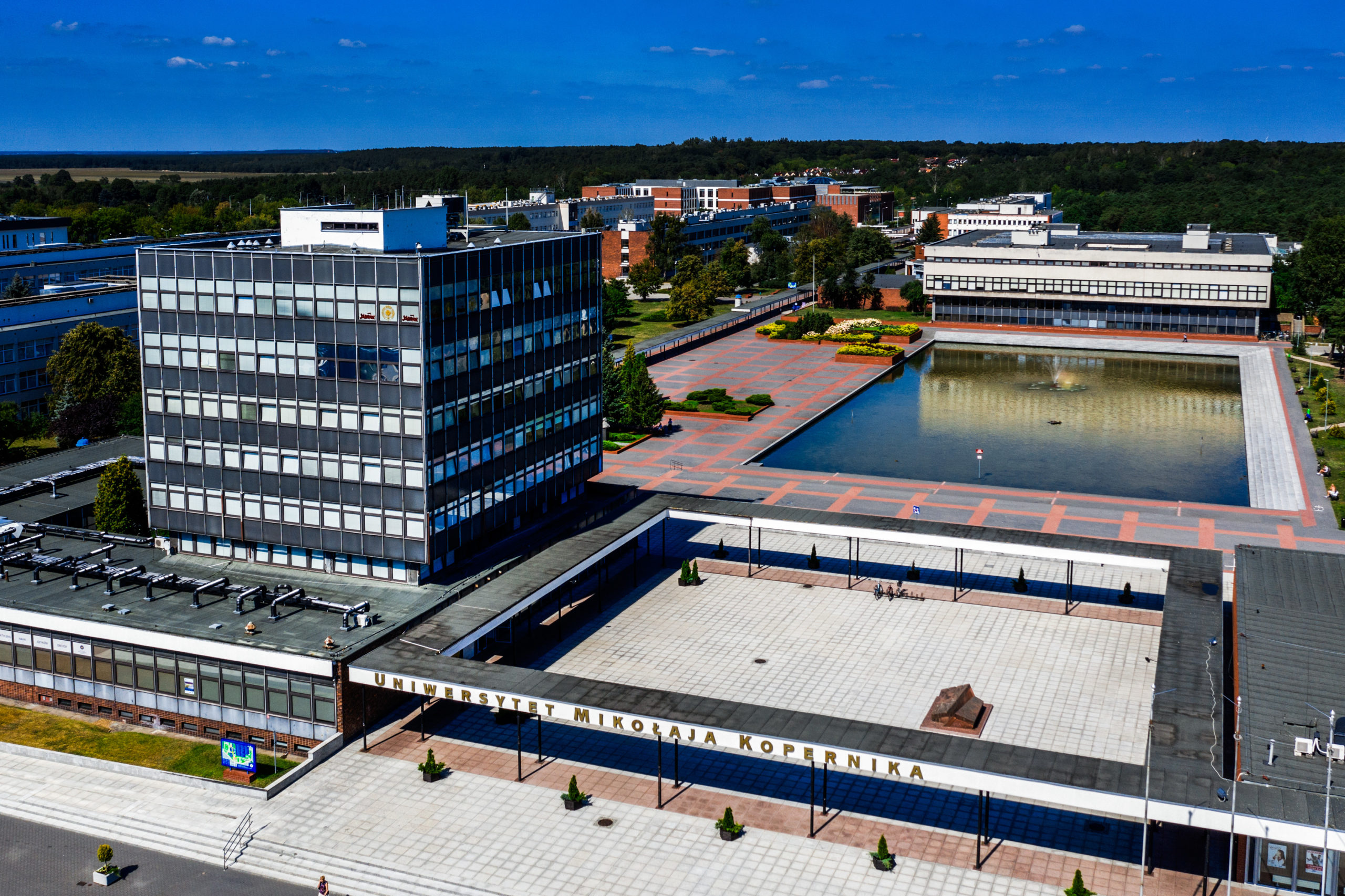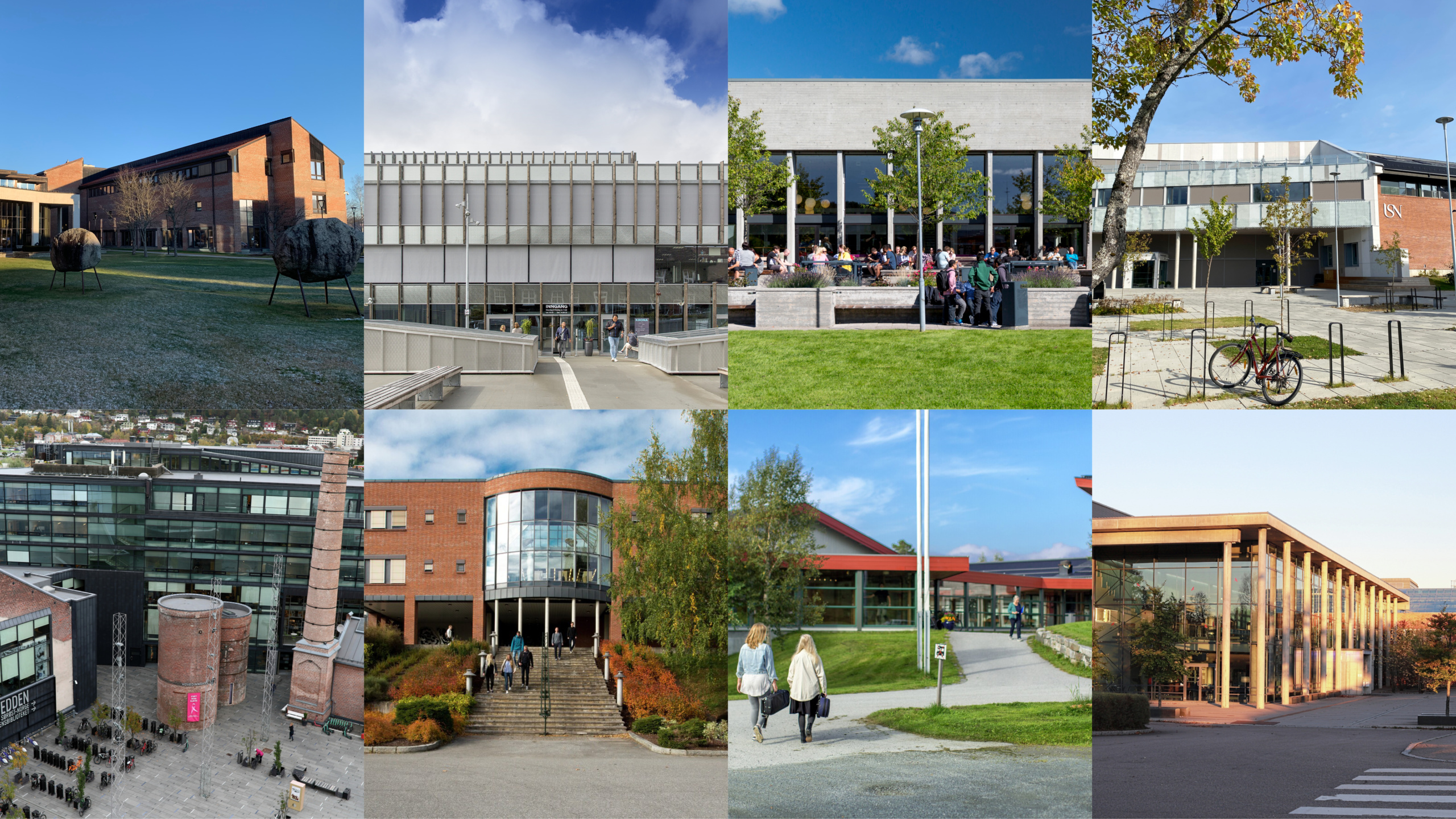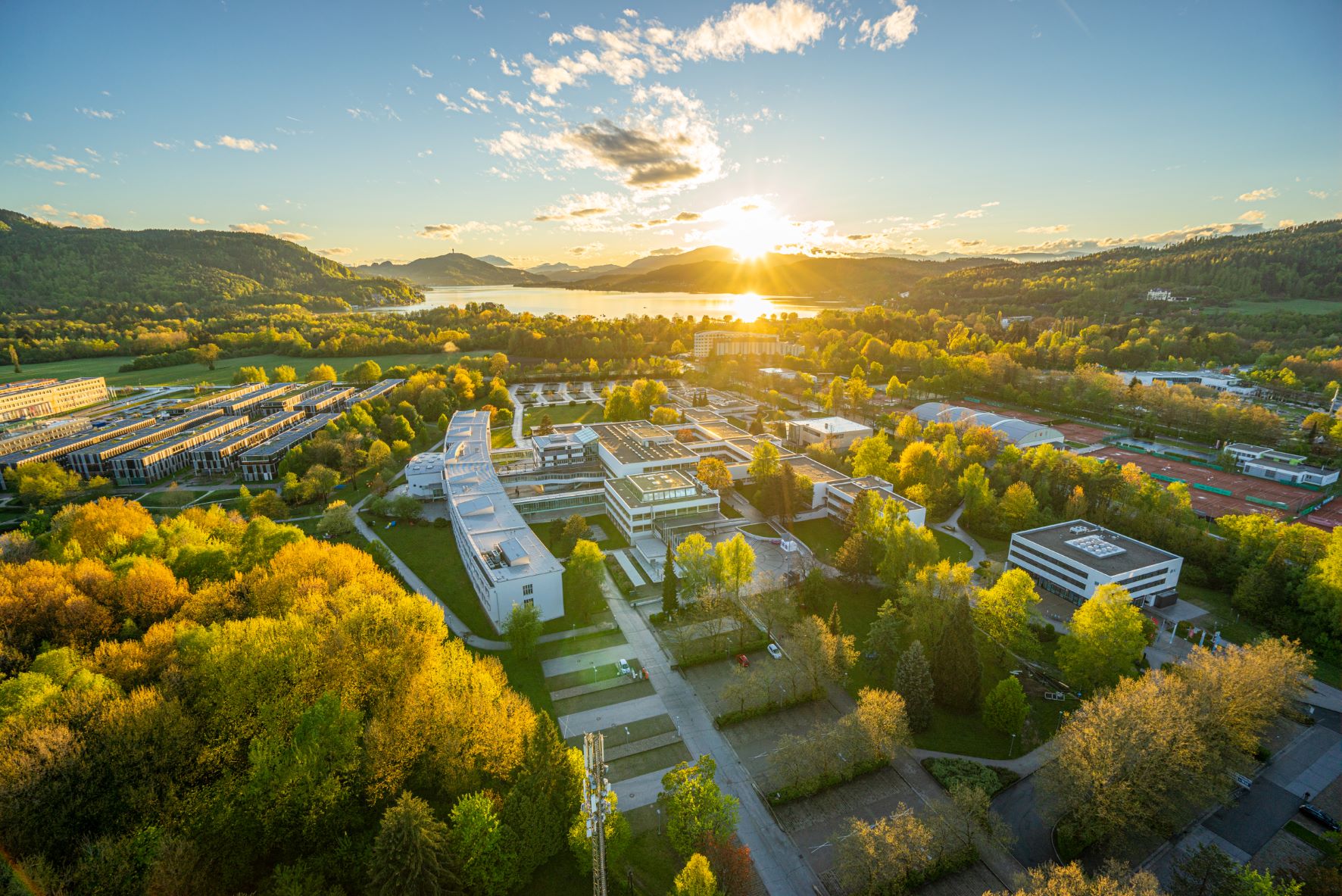The University of Klagenfurt is a young and innovative university at the intersection of three cultures. The THE Young University Rankings 2021 places the University of Klagenfurt at rank 48 among the best young universities worldwide. The University of Klagenfurt therefore is one of best “youngsters” in the world and combines international prestige and a youthful spirit. The university’s campus covers 10 hectares, close to the shores of Lake Wörthersee. The infrastructure provides all you need for a perfect time at university: short distances, modern buildings, and plenty of great leisure and cultural activities. It’s also very green: around half of the campus is undeveloped space.
The University of Klagenfurt offers studies in the fields of business, culture, languages, media, law, technology and teaching. In addition, there are extension programmes, free electives and over 30 continuing education programmes. High quality supervision, short distances and practice-oriented and research-oriented teaching guarantee the best conditions for the successful completion of your desired studies. The student to professor ratio at the university is around 38 to 1. In other words, you’re not just an anonymous (matriculation) number here. Instead, your lecturers will encourage and challenge you individually. The range of courses includes 18 Bachelor’s programmes, 27 Master’s programmes, 14 teacher training courses and 5 Doctoral programmes.
The university’s researchers work in a wide range of disciplines (humanities, economics, social sciences, technical sciences, interdisciplinary studies). With their research projects, many contribute to anticipating and shaping the profound changes that accompany digitalisation. They seek to shed light on many aspects of the digital revolution, but especially the technological, economic, legal, social, behavioural, and cultural aspects. The recently established Digital Age Research Centre (D!ARC) provides the organisational framework for this bold attempt to shape the transition to the digital age. Other research interests include networked and autonomous systems, multiple perspectives on optimisation, energy management and engineering, sustainability, self-organising systems, and visual culture.
The university’s infrastructure provides a supportive environment for its approximately 1,000 academic staff. One of the highlights is the largest drone flight hall in Europe, where work is done on algorithms for unmanned aerial vehicles.

